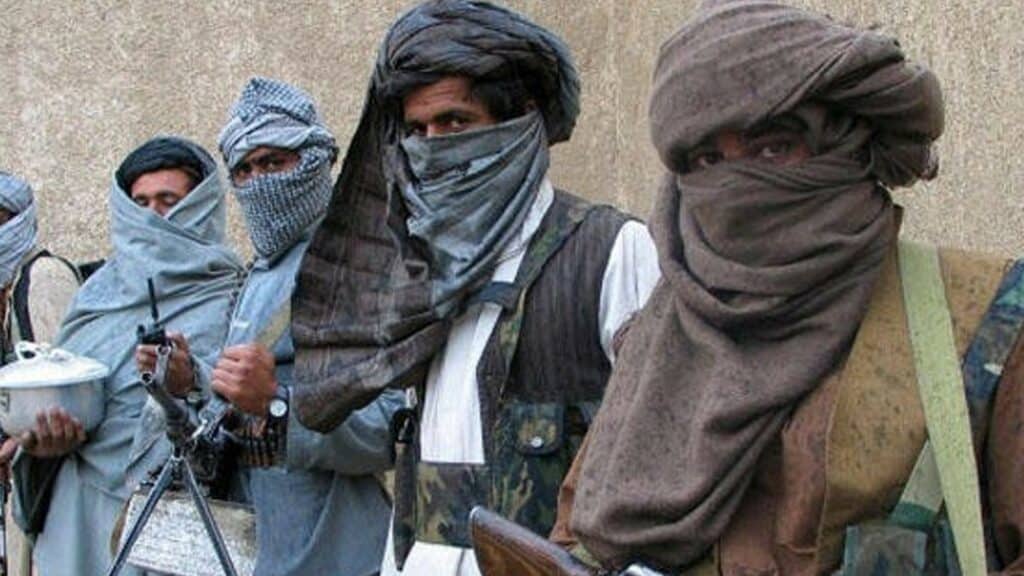In a significant development highlighting deepening cracks within militant networks, a power struggle has emerged between the banned Tehrik-i-Taliban Pakistan (TTP) and the relatively newer but increasingly assertive group, Ittehad-ul-Mujahideen Pakistan (IMP). Both terrorist outfits are scrambling to showcase dominance, each claiming responsibility for a growing number of attacks across the region.
Analysts suggest that this tussle is more than a mere battle for recognition — it’s a sign of internal weakness. TTP, once considered the primary militant threat in the region, is now facing a sharp decline in manpower and funding. The rise of IMP, which has successfully disrupted TTP’s local influence, has further exposed the latter’s vulnerabilities.
In a surprising move that reveals the depth of their crisis, TTP has now turned to international platforms to seek support. Through its propaganda outlet, Umar Media, the group has launched campaigns in various regional languages, attempting to revive its influence and attract sympathizers abroad.
The TTP’s recent preaching and recruitment campaigns in Pashto, Punjabi, Balochi, and other local languages indicate a renewed attempt to radicalize the populations. However, their message is increasingly being rejected by communities tired of violence and destruction.
Meanwhile, IMP’s aggressive tactics and claim over key operations have significantly damaged TTP’s credibility. Sources on the ground report defections from TTP ranks toward IMP, driven by dissatisfaction with leadership and lack of direction.





